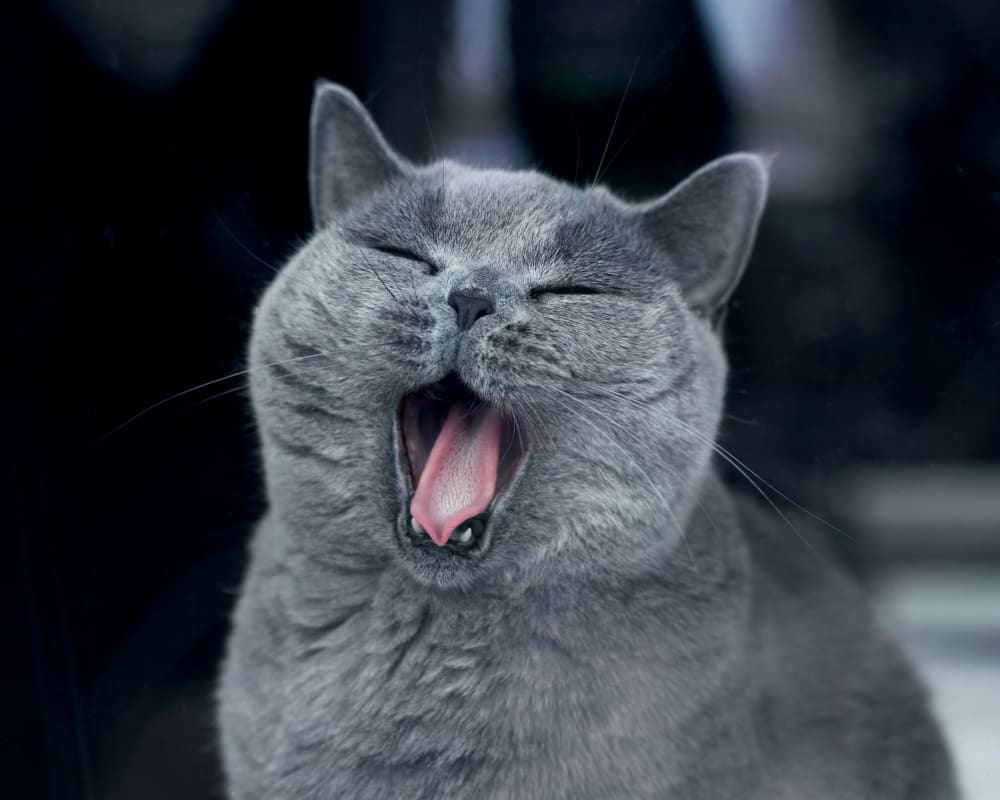Our veterinarians provide quality veterinary dental care for cats and dogs in Charlotte.
Dental Care for Cats & Dogs
Regular dental care is a very important aspect of the oral health and overall health of your pet.
It may surprise you to learn that the most common disease in pets is periodontal disease. And just like us, they are also subject to broken teeth, orthodontic problems and even cavities.
At Sharon Lakes Animal Hospital, we offer complete dental care, including cleaning and polishing teeth, dental x-rays, dental surgeries, and client education on home dental care.

Annual Dental Checkups & Cleanings
Your pet should undergo a dental examination at least once a year. Some dogs and cats are more prone to dental problems and may need to visit more often.
At Sharon Lakes Animal Hospital, we can assess, treat, and help prevent dental problems in cats and dogs.
- Symptoms
If you notice that your dog or cat is experiencing any of these following symptoms, a dental checkup is in order.
- Bad breath
- Loose or broken teeth
- Extra teeth or retained baby teeth
- Discolored teeth
- Tartar buildup
- Abnormal chewing, drooling, or dropping food from the mouth
- Reduced appetite or refusal to eat
- Pain or swelling in or around the mouth
- Bleeding from the mouth
- Assessment
First, a thorough pre-anesthetic physical exam will be performed on your pet.
Blood and urine analyses will be evaluated to ensure it is safe for your pet to undergo anesthesia. Additional diagnostics such as an ECG or chest radiographs will also be conducted, if needed.
Once your pet is safely under anesthesia, a full oral examination (tooth by tooth) and charting will be performed.
- Treatment
While your pet is still safely under anesthesia, we clean and polish the crowns of the teeth and under the gum line.
Each tooth is probed and radiographed. A fluoride treatment is then applied to each tooth.
Finally, a dental sealant is applied to retard the attachment of plaque. If advanced periodontal disease is found, a treatment plan will be developed and discussed with you at the end of the day.
- Prevention
A complimentary follow-up examination will be scheduled two weeks after the assessment and treatment appointment.
At this visit, we will discuss implementing teeth brushing at home as well as other products available that can help improve your pet's oral health.
Anesthesia & Your Pet's Oral Health
When you go to the dentist, you know that the dental procedures being performed are designed to help you and keep your mouth healthy.
Your pet does not understand this – and he or she will react to dental procedures by struggling, trying to escape, or even biting.
Anesthesia makes it possible for us to perform dental procedures effectively with less stress and pain for your pet. If digital radiographs (x-rays) are needed, your pet must be very still in order to get good images. Sedation or anesthesia helps with this as well.
